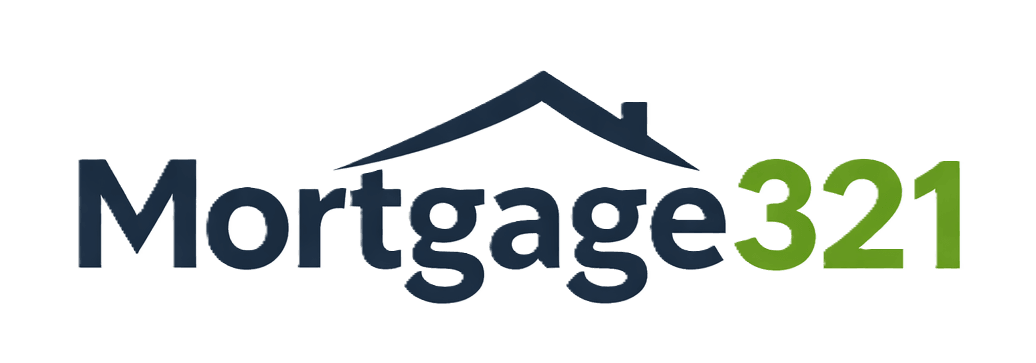Comparing Mortgage Options: Fixed vs. Variable Rates in the UK
MP
Understanding Fixed and Variable Rate Mortgages
When it comes to choosing a mortgage in the UK, understanding the difference between fixed and variable rate options is crucial. Both come with their own set of advantages and potential drawbacks, influencing your financial planning and future payments. Whether you're a first-time buyer or looking to remortgage, knowing these differences can help you make an informed decision.

What is a Fixed Rate Mortgage?
A fixed rate mortgage offers a consistent interest rate for a set period, typically ranging from 2 to 10 years. This means your monthly repayments remain the same throughout the fixed term, providing stability and predictability in your budgeting. It's an attractive option if you prefer certainty and want to avoid fluctuations in interest rates.
The main advantage of a fixed rate mortgage is that you are protected from interest rate rises during the fixed term. However, should interest rates fall, you may find yourself paying more than necessary compared to those on a variable rate.
What is a Variable Rate Mortgage?
In contrast, a variable rate mortgage means your interest rate can change over time, typically in line with the Bank of England's base rate or the lender’s standard variable rate (SVR). This type of mortgage can offer lower initial rates, but it comes with the risk of potential increases in your monthly repayments.

There are different types of variable rate mortgages, including tracker and discount mortgages. Trackers follow the Bank of England base rate, while discount mortgages offer a reduced rate against the lender's SVR for a set period.
Pros and Cons of Fixed Rate Mortgages
- Pros: Stable monthly payments, protection against interest rate rises.
- Cons: Less flexibility, potential early repayment charges, possibly higher initial rates.
Fixed rate mortgages are generally favored by those who prioritise financial stability and want to avoid market volatility. However, they might not be suitable for borrowers planning to move or refinance in the short term due to potential exit fees.
Pros and Cons of Variable Rate Mortgages
- Pros: Potentially lower starting rates, flexibility in changing loans or making overpayments.
- Cons: Uncertainty in monthly payments, higher risk if interest rates rise.

Variable rate mortgages can be appealing for those who can tolerate some risk and have the financial flexibility to handle possible increases in their repayments.
Choosing the Right Option for You
The decision between a fixed and variable rate mortgage largely depends on your personal circumstances and risk tolerance. Consider factors such as your financial stability, future plans, and how much you value payment predictability. Consulting with a mortgage advisor can also provide tailored guidance based on your needs.
Ultimately, both fixed and variable rate mortgages have merits that can suit different lifestyles and financial strategies. By understanding these options, you can choose a mortgage that aligns with your goals and provides peace of mind as you embark on or continue your homeownership journey.
For more information or to discuss your unique mortgage requirements, get in touch with our team at Mortgage321 today on 01255 440142 or email [email protected].
